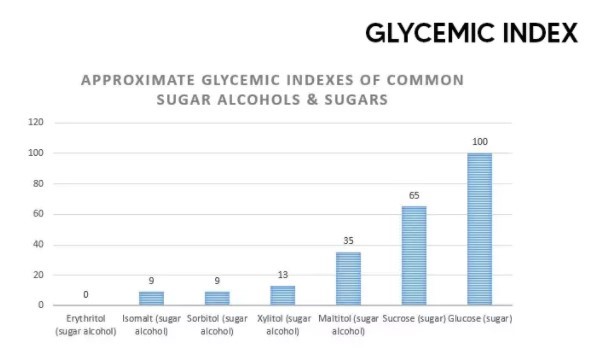Research and studies have been conducted for quite some time now, trying to understand the adverse effects of alcohol on diabetes and can quitting alcohol reverse diabetes. Even pausing alcohol consumption for a while is known to have significant effects on the body, and is known to improve the health of the person, both mentally and physically. Along with that we believe, one should try some Ayurvedic medicine to treat diabetes in this article, we will try to understand the sugar levels in alcohol, its effect on the body, and can quitting alcohol reverse diabetes.
Understanding alcohol and its different types
When seen from a scientific point of view, alcohol in literal terms refers to when a hydroxy group, which refers to a combined pair of oxygen and hydrogen atoms that takes the place of the hydrogen atom in a hydrocarbon. Secondary alcohols are created when the alcohol combines with other atoms to form methanol, ethanol and isopropanol. The one which we consume is ethanol, and it is formed by a fermentation process, of yeast, sugar and various starches. Hence, by default, there is sugar present in alcohol.
Based on the alcohol content present, different drinks produce different levels of drunkenness in the body. A few types include-
- Beer
- Wine
- Vodka
- Hard Cider
- Gin
- Brandy
- Whiskey
- Rum
What is the Glycemic Index of Alcohol?
The basic definition of Glycemic Index or GI is that it’s a method to rank carbohydrate containing food and how quickly or slowly do they get digested and cause an increase in the blood sugar or glucose levels in the body, over a period of time.
Consuming alcohol can actually have quite a confusing effect on the blood sugar levels of the body as it usually prevents the liver from producing glucose. This can lead to a case of hypoglycemia, otherwise known as a sudden drop in blood sugar levels in the body. Alcohol, in fact has different effects on the blood sugar, and it varies from person to person.
If you are a diabetic, it is often advised to get your blood sugar levels checked before and after consuming alcohol, to understand its effects on your body. This is where the popular question arises, if and whether alcohol converts to glucose or what happens exactly to the alcohol when it is consumed by us. Alcohol when consumed in small amounts can actually cause a spike in blood sugar levels, but at other times, when consumed in large quantities, may even cause a drastic drop in blood sugar levels, which ends up being extremely harmful for Type 1 diabetes patients.
Some alcoholic drinks contain more sugar or rather, carbohydrates than others by default, for example, beer and sweet wine. This may cause a definite raise in blood sugar levels.
Beers and lagers typically tend to have a carbohydrate content of around 15 to 20 grams per a single pint. Wines and champagne varieties have varied amounts of carbohydrates, depending on how dry or how sweet it is. For example, a dry wine variety can contain only 1 to 2 grams of carbs but a sweeter variety can contain up to 20 grams of carbs.
Treatment to cure Diabetes
While there is no permanent cure to diabetes, you can take several preventative measures and even cure it up to some extent. A few ways to do this includes healthy eating, regular exercise, practicing portion control, regular blood sugar monitoring, weight loss, and even insulin therapy. Consume lower calories containing foods, practice good portion control, and even eat more foods which are high in fibre, like fruits and vegetables. You can even use healthier oils for cooking, such as extra virgin olive oil and canola oil.
Cardio exercise is one way to burn calories. Swimming, biking, running, and other activities can help build muscle.You should walk, swim, bike, or run for thirty minutes every day (or most days of the week). To lose weight, you should exercise at least 150 minutes a week as an adult. When you get your heart rate up and your body moving, it can help you feel better and meet your weight loss goals.
Losing weight improves blood sugar, cholesterol, triglycerides and blood pressure.If you're overweight, losing as little as 5% of your body weight will improve your health and disease management.
If diet and exercise aren't enough to lower your blood sugar level, your doctor may prescribe diabetes medications that help lower insulin levels. Your doctor will determine how often you need to check your blood sugar level to ensure you are within the specific target range.Make sure you check your blood sugar level before and after meals, and try to spread out your meals evenly throughout the day.Cutting alcohol can definitely reverse the effects of diabetes on the bodyverse diabetes has been a huge question for ages? Quitting alcohol can reverse many problems in the body.







